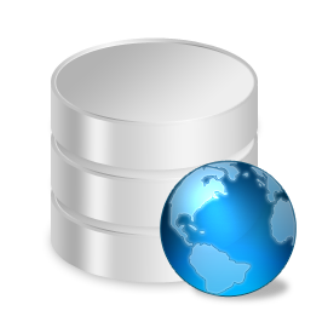eDiscovery Daily Blog
Want My Production? Here’s my Database! – eDiscovery Trends

A couple of weeks ago, we covered a case where the US Government was ordered to continue providing access to an eDiscovery database to a defendant in a criminal case. That case shed light on a growing trend in the industry that I have also observed personally – “producing” documents to opposing counsel by providing access to the documents via a hosted eDiscovery solution.
In Craig Ball’s Lawyer’s Guide to Forms of Production (that we recently covered here), Craig identified hosted production as one of the options for forms of production that can be requested. However, as Craig notes, “More commonly, hosted data and online review tools are used internally by a producing party’s counsel to search the data for privileged and responsive items rather than as a means to afford access to the requesting party. The items identified are then duplicated onto transfer media (e.g., optical disks or a hard drive) and produced in one or more of the formats described above.”
That is certainly true, though more parties in litigation are choosing to provide access to the online database as a means of production (“production without production” as Craig calls it). While I don’t have any statistics to point to, that has at least been my recent experience as platform manager for OnDemand®, CloudNine Discovery’s own hosted eDiscovery platform.
Typically, there are two options for producing documents by providing online access: 1) provide access to the existing database, or 2) create a new database of produced documents. Here are the pros and cons of each:
- Existing Database: Many parties provide access to portions of their existing eDiscovery database. This reduces costs because the data is already hosted and may be a way for both parties to share hosting costs. In those instances, security becomes paramount. As attorneys need to exclude access to non-responsive or privileged documents and other work product, the eDiscovery application needs to provide the ability to limit the documents that users can see as well as limit the fields that users can see. In addition, it’s important to have a well-documented plan for the database administrator to follow to ensure that the correct rights are assigned. If not, inadvertent disclosures of documents or data fields used during review and production can occur.
- New Database: While it may cost more to create a new database of produced documents (essentially doubling the storage of those documents into a new database), it is much easier to secure privileged information and attorney work product because those documents and data fields simply aren’t there, essentially eliminating the possibility of an inadvertent disclosure due to incorrect rights assignments. In these cases, the receiving party often agrees to bear the costs of hosting their portion of the data.
In both cases, the advantages to the receiving party include access to the same produced documents in the same format in which they were reviewed using the same search and analytical tools that the producing party used to produce the documents, putting both parties on equal footing.
So, what do you think? Have you been part of a hosted production? If so, how did it go? Were you on the producing or receiving end? Please share any comments you might have or if you’d like to know more about a particular topic.
Disclaimer: The views represented herein are exclusively the views of the author, and do not necessarily represent the views held by CloudNine Discovery. eDiscoveryDaily is made available by CloudNine Discovery solely for educational purposes to provide general information about general eDiscovery principles and not to provide specific legal advice applicable to any particular circumstance. eDiscoveryDaily should not be used as a substitute for competent legal advice from a lawyer you have retained and who has agreed to represent you.
